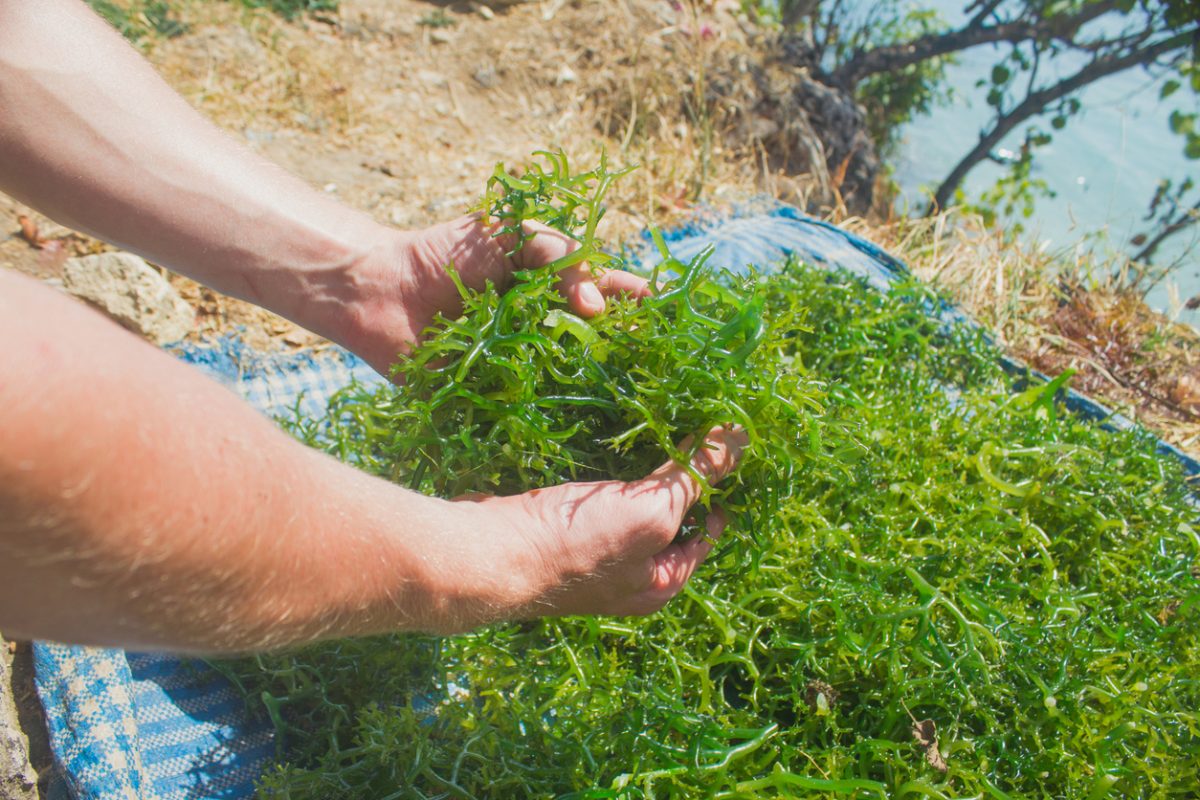
Residents can take part in a research project that hopes to boost the development of sustainable industries such as seaweed and shellfish farming. Photo: File.
People are invited to participate in a research project on how sustainable farming can find a home in new industries on the South Coast.
The Blue Economy Cooperative Research Centre and the University of Wollongong have partnered for the study.
Associate Professor with the Australian National Centre for Ocean Resources and Security (ANCORS) at the University of Wollongong, Dr Michelle Voyer, said it would see what farmers were thinking, on a ”big-picture” scale, about newer industries coming to the area.
“The idea behind our research project is to do region-wide work that’s not specific to one particular farmer or a group of farmers,” she said.
“We want to look across the region and start to explore how social, cultural and economic considerations can be captured and factored into the regulatory process that these farmers are about to embark upon.”
The public would be asked about their appetite for shellfish, mussels and seaweed farming to join oyster farming in the area’s economy, Dr Voyer said.
Farmers and producers from the South Coast can take part in several ways.
“We’re holding formal and informal sessions of interviews and more laid-back chats,” Dr Voyer said.
“We’re undertaking a large-scale community survey, we’re reaching out to various stakeholders, and we’re also actively working to engage with First Nations communities.”
A key aspect of the project was looking at how a sustainable approach named regenerative farming could be used in these new industries, Dr Voyer said.
In regenerative farming, the natural environment provides the inputs needed for growth, allowing stock to grow on its own using natural food sources and conditions.
Dr Voyer said there already was development of related industries, making the South Coast region an interesting case study.
“The fascinating thing about the area is that there’s already a bunch of quite innovative small businesses already working in and around seaweed and doing some really cool stuff with food and pharmaceuticals and bioplastics,” she said.
“There’s already a bit of an ecosystem of businesses that are already operating in this space.
“We are responding to what’s already happening in the region, rather than dictating what people living there should investigate further.”
Dr Voyer said she hoped the study would help farmers as they looked to the future.
“In our past work on regenerative farming, we’ve made connections with a number of potential seaweed and mussel farmers on the South Coast,” she said.
“What’s clear from those interactions is they have a lot of shared challenges in terms of making their way through the regulatory process, but are keen on engaging with the community.”
A community information session will be held on 20 July from 4:30 pm to 6 pm in Bermagui, with tickets available via Eventbrite.
A second session is being planned for Eden in August, and future sessions will be advertised through the Blue Economy CRC’s website.







